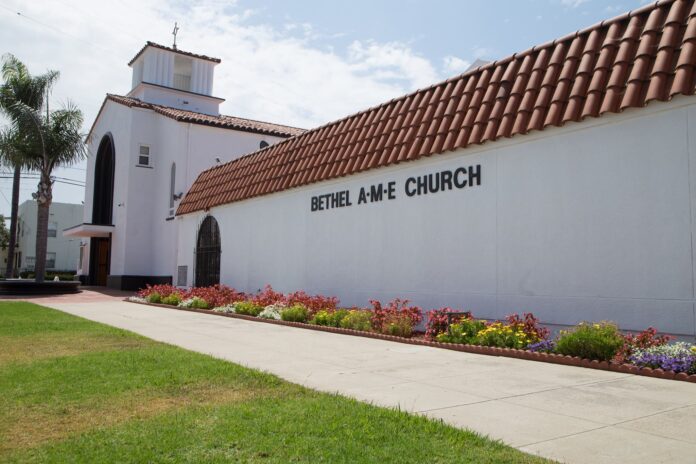
You’ve probably heard a lot of vague talk from people about how African-Americans need to “come together” in order to succeed, especially in situations where the deck is stacked against them. Part of the problem here is there’s not a lot of actionable advice in talk like that—not always, anyway. The Atlanta Voice reports one example of two powerful entities in the black community forging a partnership: the African Methodist Episcopal Church and the presidents of 19 black banks.
The partnership is part of a greater initiative called Black Wealth 2020, which was created in 2015 to increase Black homeownership, grow the number of Black businesses and increase deposits and loans with Black banks. Together, the group hopes to help create a greater black economic base.
Michael Banks, former head of the National Bankers’ Association, said he sees this collaboration as imperative in terms of Black homeownership.
“We are educating ourselves and not only teaching our people how to get a home but also how to stay there. We worry about gentrification, but we have more power than we realize,” he said. “(It’s important) to (buy) a home, and hold on to a home, and then encourage all young people to do the same.”
The African Methodist Episcopal Church and other churches like it have always had a significant sway in the black community, and the partnership is already beginning to pay dividends. One bank has already reported the creation of 78 new accounts, totaling more than half a million dollars. For Vashti Murphy McKenzie, a bishop of the African Methodist Episcopal Church, it’s essential not just to get this off the ground, but also make sure that black youth understand its value. “We want to be able to teach fiscal responsibility before [students] get to high school,” she said. “[It’s important] to learn the value of saving, the value of investing.”
With over 6000 individual AME churches, the organization thinks that with full support, it could create as much as over a trillion dollars in new business ventures. Also, by getting people to invest in the banks, it raises the opportunity for them to lend to small business owners, secure mortgages, provide lines of credit and offer other forms of credit to AME churches, as well as their parishioners. There is also talk of including the 4,000 AME churches overseas as well.

